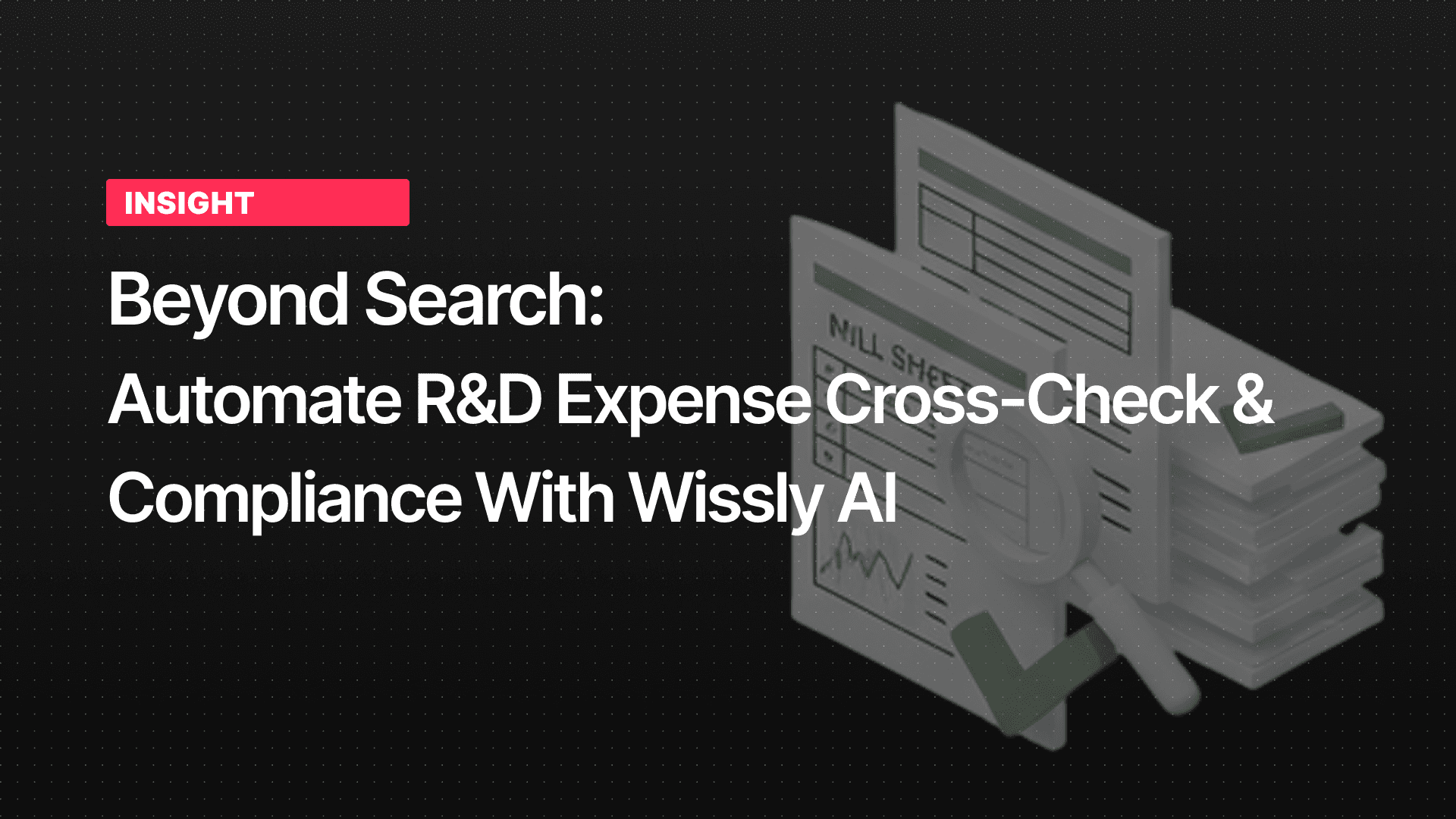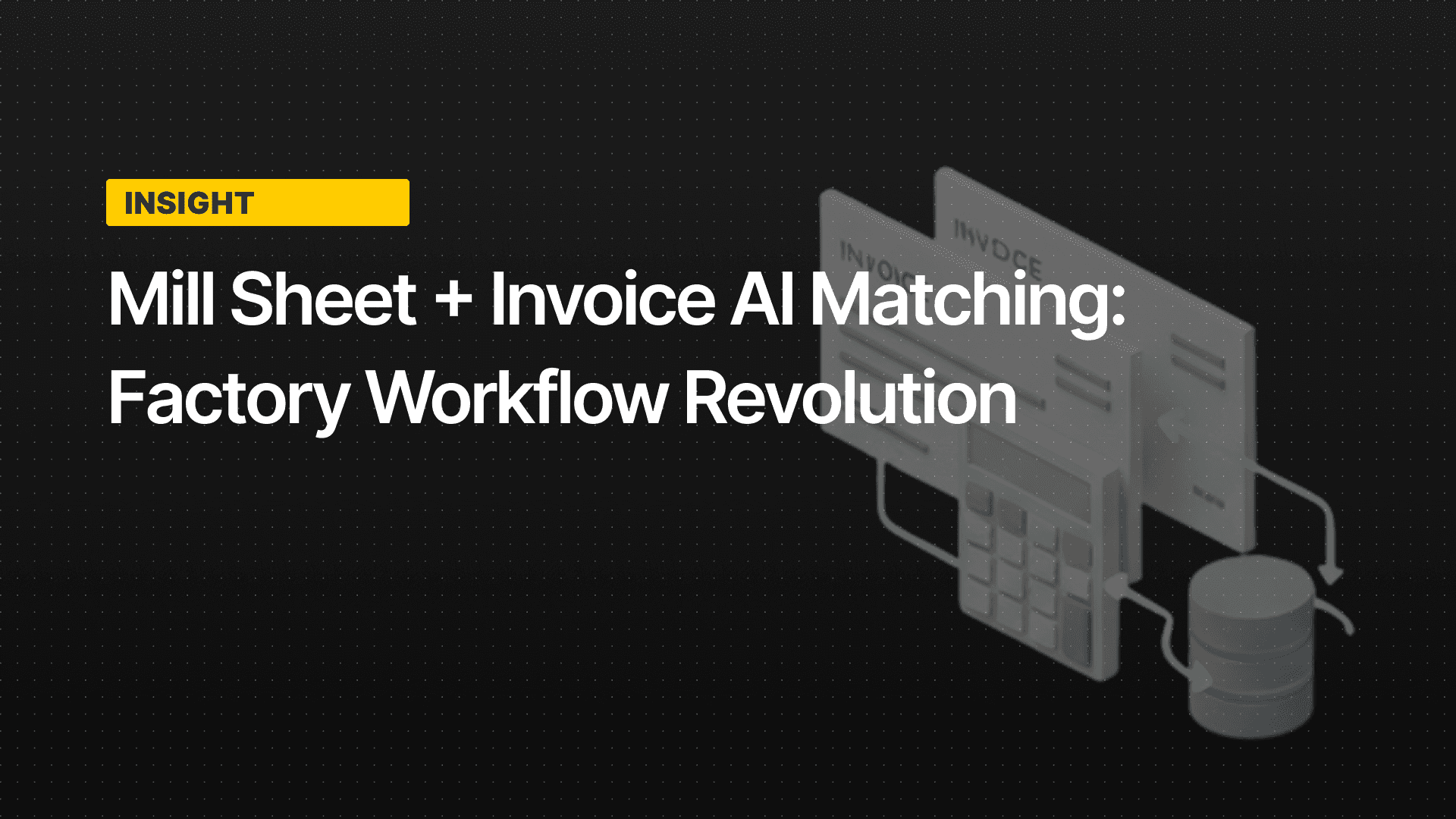Insight
How LLMs Transform Knowledge Management: Secure, Compliance-First StrategiesThe Knowledge Management Challenge in Regulated Environments
Sep 11, 2025
Fragmented documents, manual updates, and inconsistent metadata
Organizations in regulated industries face a tangled web of knowledge assets: contracts stored in disparate systems, outdated manuals, and inconsistent metadata that hampers search and compliance. Manual tagging and curation make scaling difficult and introduce errors.
Growing data volumes and increasing regulatory scrutiny
As legal, financial, and research data grows exponentially, so does the burden of meeting compliance mandates. Regulators demand detailed audit trails, access control, and transparent knowledge processing—standards that legacy knowledge management (KM) systems rarely support.
Traditional systems lack contextual understanding and adaptability
Conventional KM platforms are built on keyword indexing and rigid taxonomies. They struggle with understanding semantic meaning, adapting to new formats, or providing answers that reflect the nuanced intent behind user queries.
How LLMs Redefine Knowledge Access
Natural language querying for faster, context-rich retrieval
LLMs enable employees to query knowledge bases conversationally—“What’s the latest ESG clause update for EU regulations?”—and get relevant, contextual answers without combing through folders or PDFs.
Automatic summarization, classification, and document tagging
Modern LLMs automatically extract key information, summarize lengthy documents, and tag them based on topics or policy references. This automation cuts down manual workload while enhancing searchability and document governance.
Conversion of unstructured data into actionable insights
LLMs turn raw, unstructured data (emails, reports, scanned contracts) into semantically indexed and enriched documents. This shift unlocks new value from legacy archives and improves downstream applications like analytics and compliance checks.
The Role of RAG in Secure Knowledge Pipelines
Retrieval-Augmented Generation for grounded, accurate answers
By integrating search into the generation process, RAG ensures that LLM outputs are rooted in verifiable documents. This is vital for regulated teams that require accuracy and traceability.
Hybrid search: combining vectors, keywords, and metadata
RAG-based systems use dense vectors for semantic understanding, keyword filters for precision, and metadata to restrict results by policy, department, or region—creating more secure and relevant responses.
Controlling hallucinations and ensuring citation-based responses
Because RAG outputs are derived from retrieved sources, they reduce the risk of hallucinated answers. Each response can be tied back to a specific document segment, supporting auditability and user trust.
Compliance-First Implementation Strategies
Local-first deployment to meet data sovereignty and privacy needs
In high-security environments, LLMs must run on-prem or within isolated virtual networks. Local-first architectures ensure compliance with GDPR, HIPAA, and internal infosec policies.
Audit logging, version control, and role-based access policies
A compliance-grade LLM knowledge system includes granular logging of queries and access, strict version control, and access segmentation based on roles, departments, or legal jurisdiction.
Integration with document governance and e-discovery systems
Connecting LLM-based tools to existing data classification, legal hold, and governance platforms ensures consistency and prepares teams for audits, investigations, or litigation support.
Wissly’s Approach to Knowledge Management with LLMs
Support for HWP, PDF, DOCX and multilingual compliance documents
Wissly indexes and analyzes documents across formats—including Korean HWP files—and enables policy-aligned AI search across multilingual corpora.
On-premises RAG pipelines with GPT-based Q&A and summarization
Wissly builds secure RAG pipelines for use in air-gapped or hybrid environments, offering high-quality summarization and citation-grounded question answering.
Built-in traceability, exportable logs, and context-aware search
Every interaction in Wissly is logged, traceable, and tied to its document origin. Users can audit responses, filter by metadata, and export logs for governance reviews.
Best Practices for Deployment and Governance
Define knowledge lifecycle: ingest → enrich → retrieve → retire
Establish clear stages for data ingestion, metadata enrichment, semantic indexing, usage, and document retirement. This structured approach enhances transparency and system health.
Establish metadata policies and access control hierarchies
Define consistent tagging schemas (e.g., policy type, jurisdiction, classification level) and implement hierarchical access controls to limit knowledge exposure by role or need.
Regularly evaluate accuracy, bias, and completeness of AI responses
Routine evaluations and red-teaming help ensure that the LLM-powered knowledge system remains accurate, unbiased, and responsive to evolving compliance obligations.
Use Cases in Compliance-Intensive Sectors
Legal: clause extraction, precedent search, regulatory document comparison
LLMs can extract specific legal clauses, compare contract language, and find precedents across multiple jurisdictions—all with citations and contextual grounding.
Research: summarizing scientific literature and tracking source trails
Academic teams can use LLMs to quickly summarize lengthy research papers, highlight relevant findings, and trace citations across interconnected literature.
Finance: analyzing investor memos and market intelligence securely
LLMs help VC analysts and finance teams extract insights from investor memos, confidential reports, and regulatory filings—while ensuring that sensitive data stays local.
Conclusion: Transforming Knowledge into Trustable Intelligence
With LLMs and secure RAG, retrieval becomes precise and policy-aligned
By combining LLMs with secure RAG pipelines, organizations move from static knowledge repositories to intelligent systems that align with legal, technical, and operational standards.
Wissly enables scalable, compliant knowledge infrastructure for high-stakes teams
Wissly empowers teams to build private, compliant, and auditable knowledge ecosystems—enhancing decision-making while meeting the strictest data governance requirements.
Recommended Content











